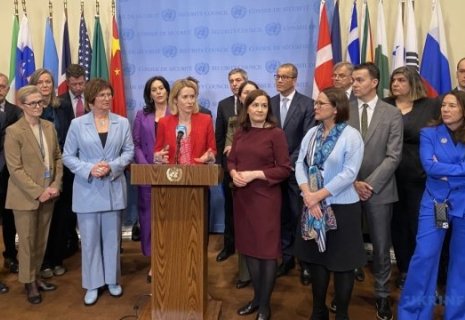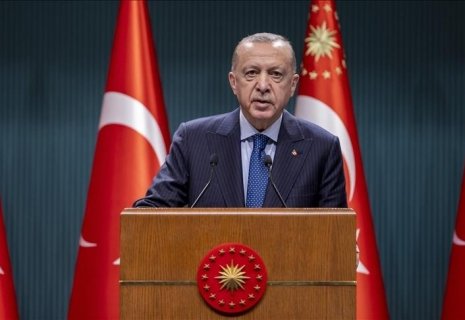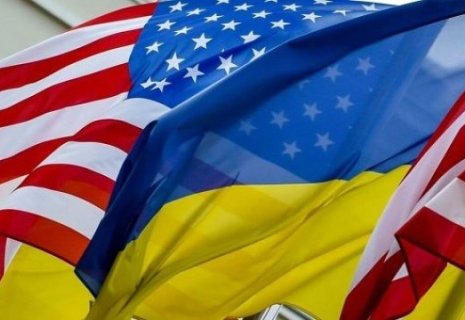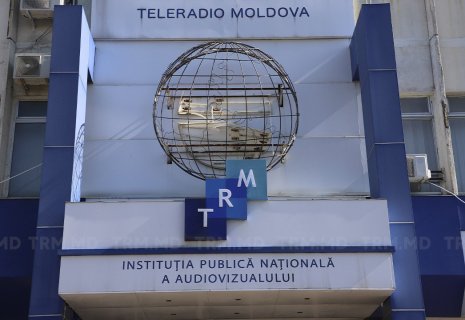
Ukraine prepares to launch talks on ‘Industrial Visa-Free Regime’ with EU
The Cabinet of Ministers of Ukraine is finalizing internal preparations to start negotiations with the European Union on signing an ‘industrial visa-free regime’ agreement.
The relevant statement was made by Prime Minister of Ukraine Denys Shmyhal at a meeting of the Ukrainian government on January 14, 2025, CE Report quotes Ukrinform.
“In the near future, the Government is planning to complete all internal preparations for negotiations on signing an ;industrial visa-free regime’. There is only one draft law left to be adopted, which we will submit to the Parliament in the near future. After that, we will be able to proceed to the official process of concluding the agreement,” Shmyhal said.
In his words, the ‘industrial visa-free regime’ is another unique tool to support Ukrainian business and integrate into the European economy. In particular, it provides for mutual recognition of product certification.
According to the Prime Minister, this will increase export opportunities, and reduce bureaucracy and the time required for Ukrainian goods to enter the European market.
A reminder that, for several years, Ukraine had been preparing to sign the Agreement on Conformity Assessment and Acceptance of Industrial Goods (ACAA), or the so-called ‘industrial visa-free regime’, with the European Union.
This document provides for the mutual recognition of certificates issued by the signatory parties, which saves exporters time and money for the re-certification of products when selling them in partner markets.
In general, the ‘industrial visa-free regime’ under the ACAA Agreement covers 27 product groups. For Ukraine, at the initial stage, it will only apply to three priority sectors, such as machinery, low-voltage electrical equipment, and electromagnetic compatibility of equipment.
According to expert estimates, the ACCA Agreement will help to reduce export costs for the supply of relevant products by 4.9%, and their import costs – by 2.3%.
























